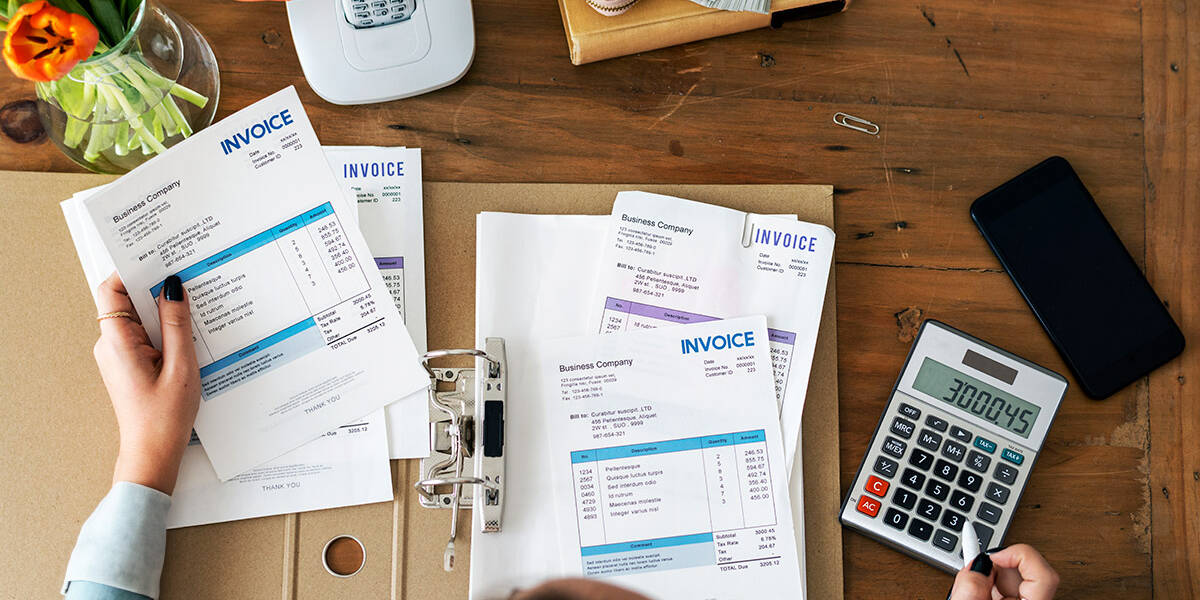

A key part of operating a business in Hong Kong is auditing, and every registered company will have to undergo it. As a foreigner operating a company in Hong Kong, you may be unfamiliar with the auditing process.
The auditing process in Hong Kong is different from the standards in other parts of the world. To avoid any legal issues or complications, your company’s Auditing must be done in accordance with the Hong Kong standards on auditing.
Hong Kong Standards On Auditing: Auditing And Assurance In Hong Kong
The entity in charge of setting the Hong Kong standards on auditing is the Hong Kong Institute of Certified Public Accountants (HKICPA). Among their responsibilities, the HKICPA sets forth and regulates Quality control, Auditing, assurance, and relative services.
The HKICPA is designed to outline the objectives of the auditing process and regulate the entire process, in line with Quality control, Auditing, assurance, and associated services. Per the HKICPA’s mandate, all auditing procedures must follow the outline standards.
The auditing process is left to a neutral external company instead of letting companies audit themselves. It is illegal for a company to handle its own audits internally. The only requirement is that the audit follows the set Hong Kong auditing standards and procedures.
You may not be able to audit your company, but you can still do something to ensure everything is in line.
The company’s accountant or bookkeeper can ensure that all records are in place and in order. The external auditor will likely require records already assembled instead of creating their own.
Premia TNC serves as a neutral party and provides auditing services in line with local Hong Kong laws and requirements. Your company’s audit is in safe hands with an established presence and familiarity with the Hong Kong market.
Hong Kong Standards On Auditing: How Does Auditing In Hong Kong Work?
Auditing in Hong Kong is unique and more difficult than anywhere else. The complexity is one of the main reasons the auditing process is best left to a professional. The auditing process is as follows:
- All documents required for the auditing process, including financial statements and documents, are prepared for the auditor.
- The auditor evaluates the company, understanding the nature of the company’s business, and ultimately highlighting any potential problems.
- The auditor processes all the documents for the audit and identifies any errors in the documents which could potentially create legal issues.
- After examining all the company documents, the auditor generates a report. The report details the accuracy of the documents and presentation.
- The company director will sign the auditor’s report and other documents.
- Once the auditor’s report is signed, the tax calculation form is generated, and all appropriate documents are sent to the Internal Revenue Department (IRD).
As per the company’s taxable profits, you will receive a tax schedule from the IRD. This process isn’t fixed as the IRD will need to review all documents from the audit. When your company is well prepared for an audit, the process can be shortened.
Hong Kong Standards On Auditing: Choosing An Auditor In Hong Kong
Choosing an auditor in Hong Kong is no small task and should not be taken lightly. The right auditor will be the difference between a successful audit and serious legal issues.
To help you make the right choice, you will need to know what to look for in an ideal auditor. Some things to look for in an ideal auditor include:
An Understanding Of Your Business
An auditor that understands your business is the most important thing. With the Hong Kong standards on auditing being complex, the auditor may be the one to help put you through it. Once you have an auditor who understands your business, the auditing process becomes easier.
An auditor who understands your business will also easier to communicate with than one new to the business. You will get a great auditor with stress and problem-free auditing process.
Experience In Your Industry
The auditor will need to be experienced in your field and can notice any errors you may have made in your reports. An experienced auditor will also have a good understanding of the Hong Kong standards on auditing for your industry.
The right auditor will already be familiar with the process and know all the potential issues you can face and help you avoid them. An experienced auditor will positively affect your business where a newbie may face certain issues.
Premia TNC has wealth in business industries and provides this experience to your business.
Familiarity With Your Accounting Software
While it is not the greatest priority, it is important to find an auditor that is familiar with the auditing software you use. An auditor that understands the accounting software you use can help avoid some common errors.
It is important to have an auditor who won’t have a problem working immediately as opposed to familiarizing themselves with the software first.
Minimum Deposit Requirements
Different banks have minimum deposit requirements when opening a corporate bank account in Hong Kong. The amount of money you are capable of depositing will determine whether you can open a corporate account in certain banks.
How We Can Help Your Company Comply With The Hong Kong Standards On Auditing
Auditing in Hong Kong is easier once you have the right auditor. The right auditor will make the process easier and help you avoid any legal troubles regarding compliance with the Hong Kong standards on auditing.
If you can afford to, you can also consider outsourcing your accounting and bookkeeping, as they both contribute significantly to auditing matters. With the right auditor, you can focus on other aspects of your business and watch your business grow.
Hong Kong Standards On Auditing – Frequently Asked Questions
Can a company be exempted from an audit?
Yes, it is possible for a company to be exempt from a full audit, being required to complete a simplified audit instead.
According to the Hong Kong standards on auditing, the requirements for the audit are different, with only simplified financial documents being required for the audit. Companies that qualify for this exemption still have a choice as to whether or not they want to implement it.
What documents do I require for an audit?
An audit will require all financial documents for the period of the audit. Receipts, spreadsheets showing the company’s financial position, accounting policies, and cash flow statements will all be needed.
An expert auditor like Premia TNC can help identify the necessary documents you will need and comply with all the relevant regulations in the Hong Kong standards on auditing.

premiatnc
View All BlogsRelated Posts
April 15, 2024
Trademark Registration In Hong Kong: What You Should Know
Trademark registration in Hong Kong…
April 15, 2024
Importance of Hong Kong Company Financial Statements: How to Prepare It Well
In the realm of business, Hong Kong…
March 29, 2024
Everything You Need to Know About Hong Kong Invoice Requirements
Compliance ensures smooth financial…




